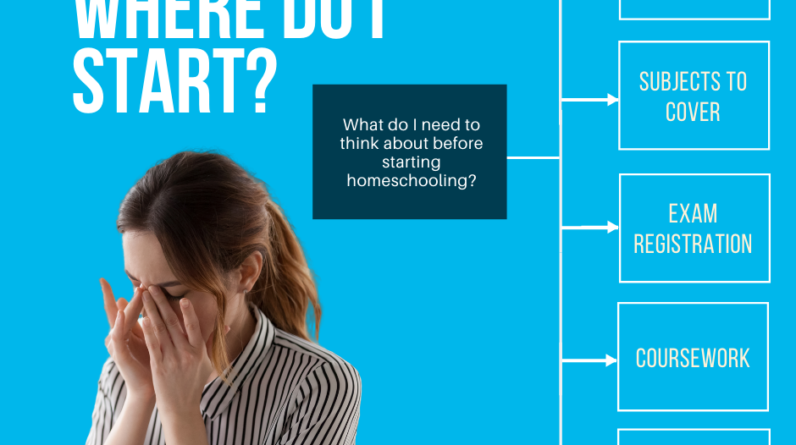When doing lots of research for dealing with local authorities and what we must/should do in regards to dealing with local authorities I came across this post in the FB group Home Schooling / Education UK
It was written and shared by a lady called Kelly Shayler and after reading this I felt a lot more confident in what I should be doing moving forward.
Below is the full post and I know it will help you too….
Education Philosophies and Education Reports.
Which is which?
There is often some confusion in home education circles about education philosophies and reports. The philosophy and the report are two quite different things but are often presented in the same document; which might bear either name.
An educational philosophy is a statement of your beliefs about what education should set out to achieve and the methods you intend to use to reach that goal.
An education report sets out what you have done (usually over the last year).
Why write an educational philosophy?
Generally, the Local Authority is uninterested in your education philosophy. They only want to check up on what you have actually done and are therefore interested in receiving a report.
However, the education philosophy does serve an important purpose as it allows you to position the goalposts. The case of Harrison Vs Harrison 1981 established the legal precedent in respect of the fundamental parental duty to provide ‘an efficient education’.
The precedent was to define ‘efficient’ as ‘that which achieves what it sets out to achieve. Therefore, by defining in writing what you are setting out to achieve, you are effectively defining what section 7 means specifically to your family.
Why write an education report?
The local authority does have a duty to make informal enquiries of home educating parents if they have information that makes it appear to them that a suitable education may not be taking place, or if they do not know if education is suitable.
It is advisable that you always respond to these enquiries. It is entirely up to you how you choose to respond. You may be happy to accept a visit in your home or a meeting away from the home (this approach is generally not recommended), you may want to fill in a form provided by the local authority (but the forms often assume a particular structure to education that many home educators do not follow), or you could write a report.
How long should the report be?
Reports come in three lengths:
- Short (a few paragraphs)
- Medium (3 pages)
- Comprehensive (5 to 8 pages)
Many local authorities will accept a short report, but many will not do so. If you are happy to engage in battle or are at a very early stage indeed then a short one is sufficient.
If the LA are making informal enquiries about the education and you do not want a visit (check with locals about the person visiting) then the medium one is fine.
If you are answering a notice to satisfy under s 437 of the Education Act 1996, or are writing a report for a child with an SEN statement or EHC Plan then you need the longer one.
If you are going to court as you are being prosecuted for not complying with a school attendance order then a longer report plus a scrapbook diary of the last few weeks, or months, including the odd sample of work if wished should mean you can represent yourself in court and prove the SAO is not required, as you are providing a suitable education.
Please note that the DfE has confirmed that local authorities may not insist on samples of work being provided, but you may consider it pragmatic to do this, rather than argue the matter in Court.
If you have more than one child in home education, it is best to write a separate report for each child even though some elements will be repeated. This allows you to show that you have taken into account the specific needs, attitudes and aspirations of each child.
Structure and content of a typical report
Title Page.
Home Education Report for [child’s name] [DOB] [date written]
Introduction
This part is primarily discussing your philosophy and should generally be brief.
- What you think education is for
- How you think education should be structured and look like for your family
- Who is involved in the education of your family (note parents should have a ‘significant’ involvement even if you employ full-time tutors).
About [Child’s name]
Use this section to discuss your child’s needs, attitudes and aspirations. These should be age-appropriate – for instance at the secondary school level they should include discussion about potential career paths and what exams might be appropriate.
- How you apply your philosophy to each child
- How you meet their strengths and weaknesses and SEN
- Mention any special needs
- Future plans and ambitions of children
The Education.
Use this section particularly to emphasise the opportunities for the child to be stimulated. This could be outings, by achievements, or other means appropriate to each child.
- How you go about educating, possibly what a typical day looks like
- Ensure you cover reading, literacy, English and numeracy (maths)
- Examples of implementing the education with each child (we saw a hot air balloon festival in August and this led to discussions about the physics of flight, the history of flight and looking into geography: distances travelled by balloons, how the topography affects their flight, weather issues etc), or (In order to provide a firm foundation on which to study for GCSEs we are doing a maths course on xxxx with Talulaetc)
- Any achievements you are proud of
- Preparation towards GCSEs, or the world of work etc
- Any particular socialisation opportunities, or a general comment about being out and about and meeting lots of folks
- Future plans (but be careful not to offer goals that the LA could choose to check up on next year)
It is important that you explain progression since you commenced home education, or over the previous year, as appropriate. This is crucial for literacy and numeracy.
List of resources.
This should include:
- DVDs,
- Websites, (note most LAs expect specifics, not just that the child has access to a PC)
- Groups,
- Books,
- Trips,
- Memberships (such as National Trust, Library, places that give access to resources)
- Clubs, (try to cover both physical activity and opportunities for social interaction)
- Online learning
- Paper and pens,
- Books and libraries,
- Arts and crafts materials,
- Physical activity,
- ICT
- And the opportunity for appropriate interaction with other adults.
Categorise the list to reflect your methods.
If you are autonomous then you would probably choose to categorise by media and type if you are more structured than possibly by subject.
In general terms, local authorities are more positively inclined to a subject-based report and even most parents can describe their provision in this way.
Whatever method you choose, you must specifically explain maths and literacy.





